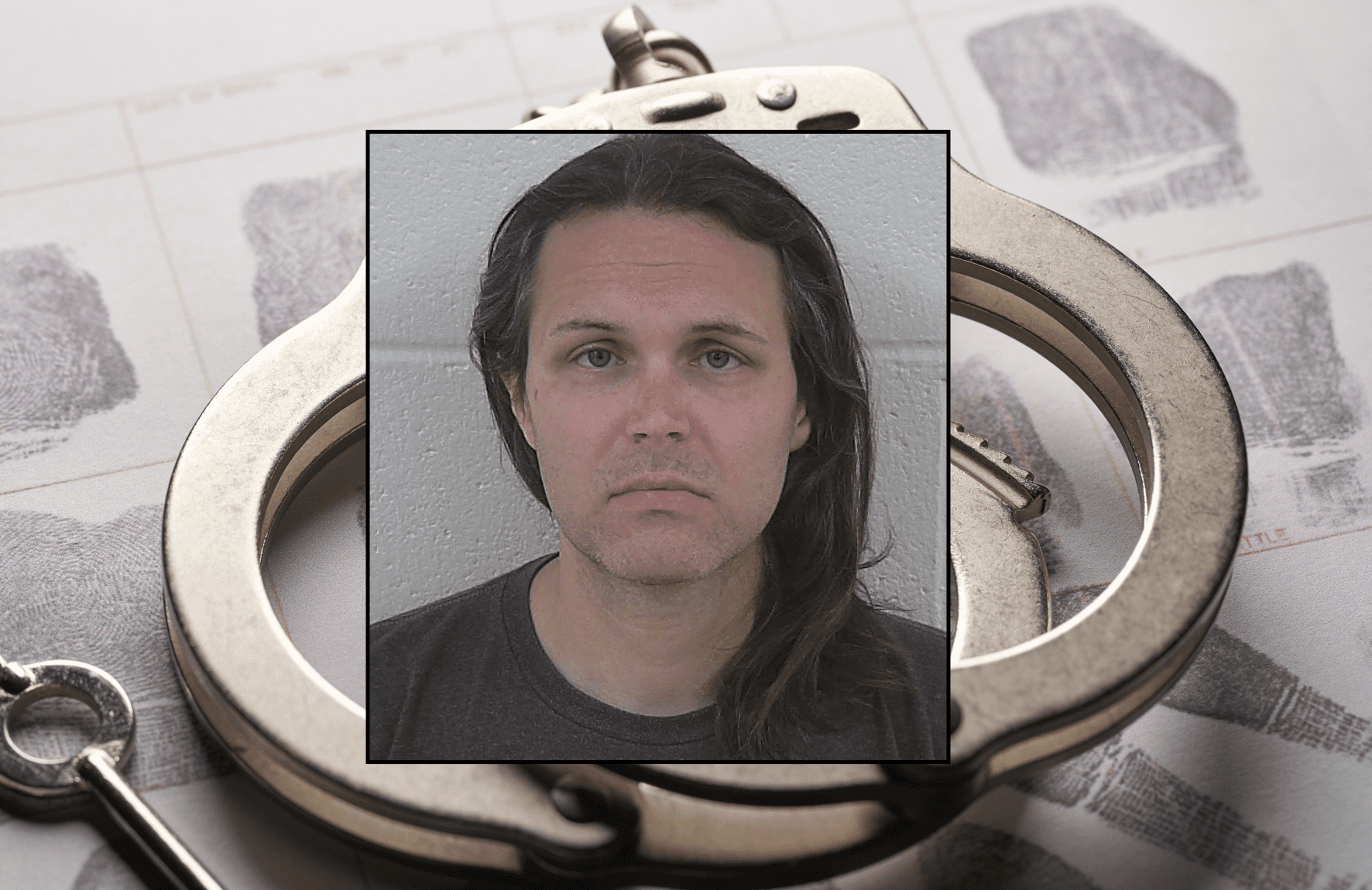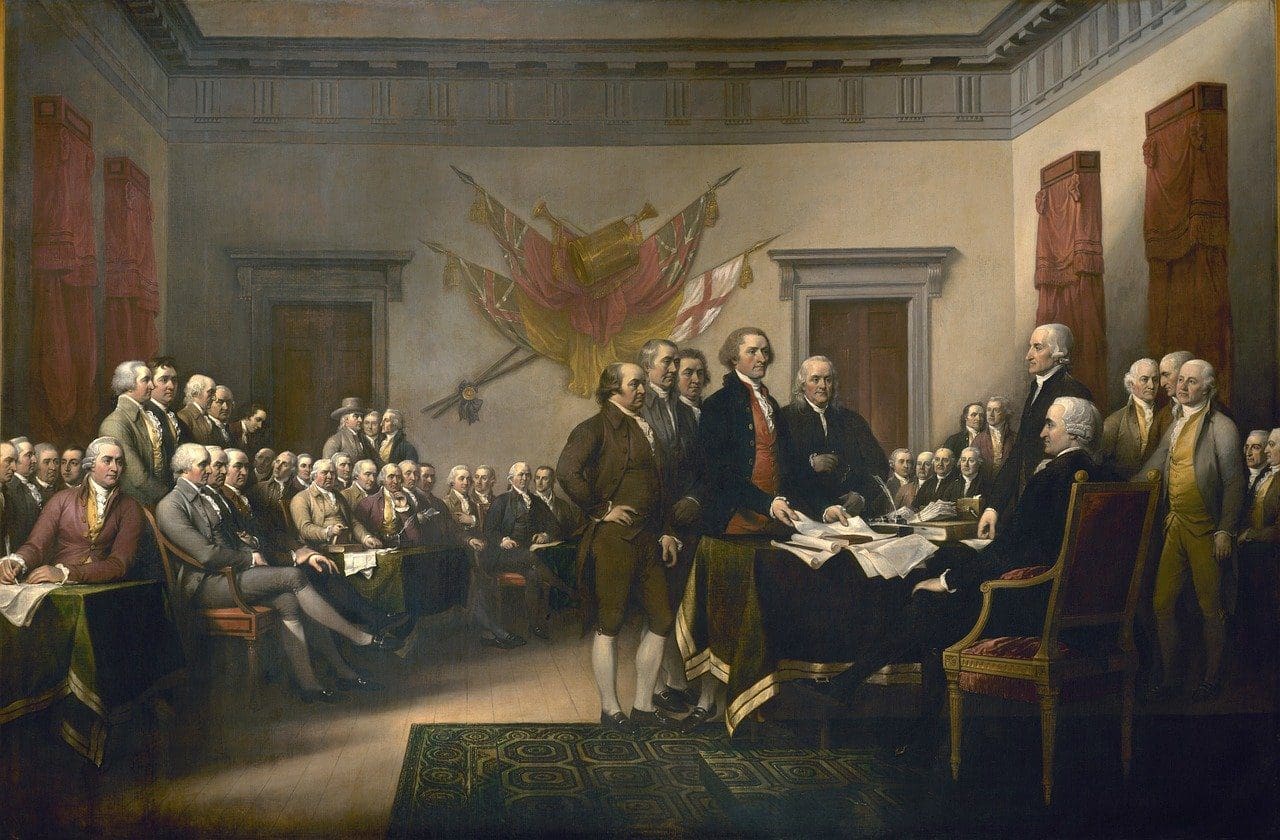The Supreme Court of Texas has ruled that a maneuver by some members of the Texas House to delay the execution of a convicted child-murderer last month was a violation of separation of powers.
The case in question concerns child-killer Robert Roberson. Roberson was convicted of killing his two-year-old daughter Nikki in 2002 in Palestine, Texas.
Last month, just moments before his scheduled execution, the Texas Supreme Court issued a temporary stay after members of the House Criminal Jurisprudence Committee, led by Democrat State Rep. Joe Moody, issued a subpoena for Roberson to appear before it.
That scheme was challenged by many Republicans, including Gov. Greg Abbott, who said the committee “stepped out of line” in issuing the subpoena at the eleventh hour.
“In this case…actions by a single committee of a single chamber of the Legislature have had the effect, both legally and factually, of granting (at least) a 90-day reprieve,” Abbott’s brief to the court reads. “Unless the Court rejects that tactic, it can be repeated in every capital case, effectively rewriting the Constitution to reassign a power given only to the Governor.”
While the latest ruling from the Supreme Court of Texas acknowledges legislative committees’ power to issue subpoenas even to inmates, that power does not extend to delaying executions as the committee attempted.
“While the legislature’s investigative authority must be accommodated, the other branches may not prevent the legislature from hearing from those whom it reasonably deems necessary when formulating our State’s public policy. However, when the legislative branch could have obtained desired information well before a scheduled execution but did not, its interest in obtaining testimony must yield if the other branches are unwilling to dismantle a scheduled execution,” Justice Evan Young wrote in the opinion.
“We conclude that under these circumstances the committee’s authority to compel testimony does not include the power to override the scheduled legal process leading to an execution. We do not repudiate legislative investigatory power, but any testimony relevant to a legislative task here could have been obtained long before the death warrant was issued–or even afterwards, but before the execution.”
In a statement, Moody and Republican State Rep. Jeff Leach, a member of the committee, claimed that delaying Roberson’s execution was never their “specific intention.”
“The Supreme Court strongly reinforced our belief that our Committee can indeed obtain Mr. Roberson’s testimony and made clear that it expects the Executive Branch of government to accommodate us in doing so,” they said.
Roberson’s new execution date will be determined by the trial court and cannot take place sooner than 90 days.
No ads. No paywalls. No government grants. No corporate masters.
Just real news for real Texans.
Support Texas Scorecard to keep it that way!





